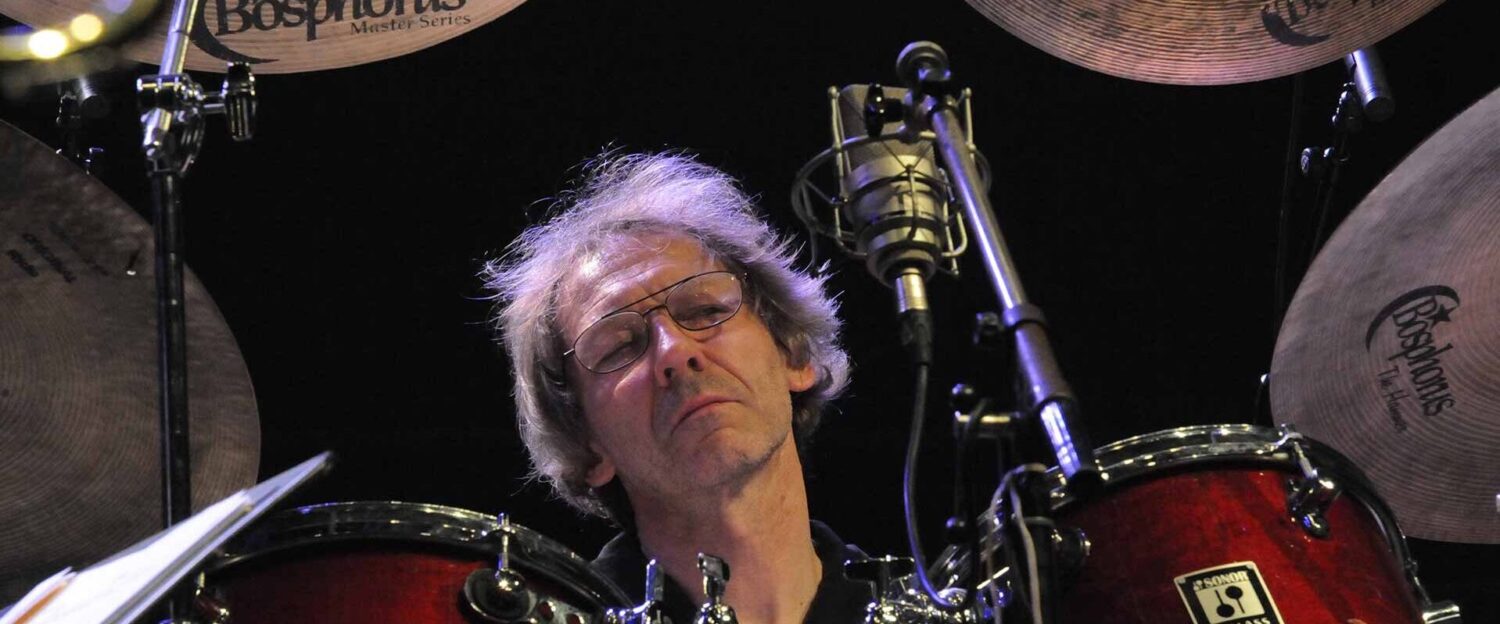
A Culture of Taxation That Europe Cannot Escape
For decades, Europe, and France most of all, has shown a peculiar genius for inventing taxes. Levies on alcohol, tariffs on imports, “health” surcharges on foods deemed too fatty or too sweet. And looming above all of it, the sprawling value-added tax system, which in many countries hovers around a staggering 21 percent.
What began as targeted measures has hardened into a way of life: a continent where the cost-of-living creeps higher each year, and where inequality, once a slope, has become a canyon. In 2025, those disparities are widening into abysses. And nothing dramatizes Europe’s burden more vividly than gasoline prices, which today stand nearly four times higher than in the United States. Why? Not just because of carbon levies, but because of the ill-fated decision, enshrined in the Lisbon Treaty, to index oil prices to natural gas. The outcome: European households pay the price of political compromise with every trip to the pump.
When Taxation Tips Into Suffocation
No economist disputes the principle that taxes fund the public good. But they also know there comes a tipping point, when taxation ceases to support society and begins to suffocate it. That tipping point has arrived.
The proof lies in the simplest of consumer goods. Not long ago, a six-pack of Lavazza coffee retailed for $39. After the passage of the so-called Big Beautiful Bill, a sprawling piece of legislation whose effects have rippled far beyond U.S. borders, that same pack now costs more than $50. For decaffeinated blends, the climb is steeper still, edging past $88.
What may appear anecdotal is, in truth, emblematic of a globalized economy. In a world where products cross borders as fluidly as ideas, the slightest increase in taxation does not stop at customs. It compounds. At every stage of the supply chain, from shipping container to warehouse shelf, costs multiply, leaving households to absorb the shock.
The Delayed Earthquake in Supply Chains
The distortion is not immediate. Large companies, with their inventories bought at yesterday’s prices, can delay passing on the shock. But the reckoning cannot be postponed forever.
Take automobiles. Whether German or Japanese, American or French, modern cars are built from parts sourced globally. When those parts grow more expensive, so does the vehicle itself. In the United States, the cost surge is already palpable. Unless manufacturers relocate production en masse to American soil, a prospect that would require years of investment, consumers will face steeper prices and fewer choices. And in the meantime, the industry will bear scars.
Europe’s Structural Trap vs. America’s Instability
Here lies the central contrast. Europe’s system is designed to protect a currency, the euro, rather than to promote growth. Policymakers cling to the illusion of a “strong euro,” but the cost of that illusion is borne by struggling households from Lisbon to Athens.
The United States, for all its volatility, retains one advantage: adaptability. A political decision made on a Monday can be reversed by Friday. The very instability that unnerves foreign observers also allows Washington to reinvent itself overnight. That agility, maddening at times, is the reason America can weather storms that might permanently cripple Europe.
Economics and geopolitics are inseparable, twin forces that demand leaders of judgment and foresight. Without them, nations lose their compass. The lesson is as unforgiving as it is clear: when governments mistake taxation for strategy, they trade resilience for fragility.
History’s Reminder: Innovation Always Disrupts the Old Order
This dynamic is not new. Consider the music industry. Long before Spotify and Apple Music, there was iTunes, a platform that democratized digital music but devastated record labels. Revenues collapsed, small labels vanished, and the majors either merged or surrendered to corporate giants.
Today, the compact disc is a relic, streaming yields pennies, and artists survive primarily on concerts. Yet even that lifeline is precarious. A weak economy means fewer tickets sold, smaller tours, and an art form held hostage by forces far beyond the stage. The health of culture itself, like industry, rises and falls with economic cycles.
The Crossroads Ahead
Europe today is trapped in a cycle of over-taxation and under-growth, with little prospect of escape. The United States, though hardly free of flaws, retains the political and economic dexterity to pivot, experiment, and reset.
The lesson should not be lost on policymakers: economies cannot be endlessly bent under the weight of taxation. Push too far, and they do not bend further, they break. Inflation, inequality, and stagnation are not mere abstractions. They are the lived reality of households choosing between fuel and food, between work and dignity.
As the global economy strains under inflationary pressures and policy missteps, the need for clarity, restraint, and imagination has never been greater. Europe must ask itself whether prestige on the balance sheet is worth poverty in the household. America must remember that flexibility, while powerful, can turn into chaos if wielded recklessly.
The stakes are not merely economic. They are social, cultural, and ultimately human. In the contest of Europe vs. the United States, the real winner will be the society that remembers that growth cannot be taxed into existence, it must be built, nurtured, and sustained.
By Thierry De Clemensat
Member, Jazz Journalists Association
Editor-in-Chief, Bayou Blue Radio
U.S. Correspondent – Paris-Move / ABS Magazine

